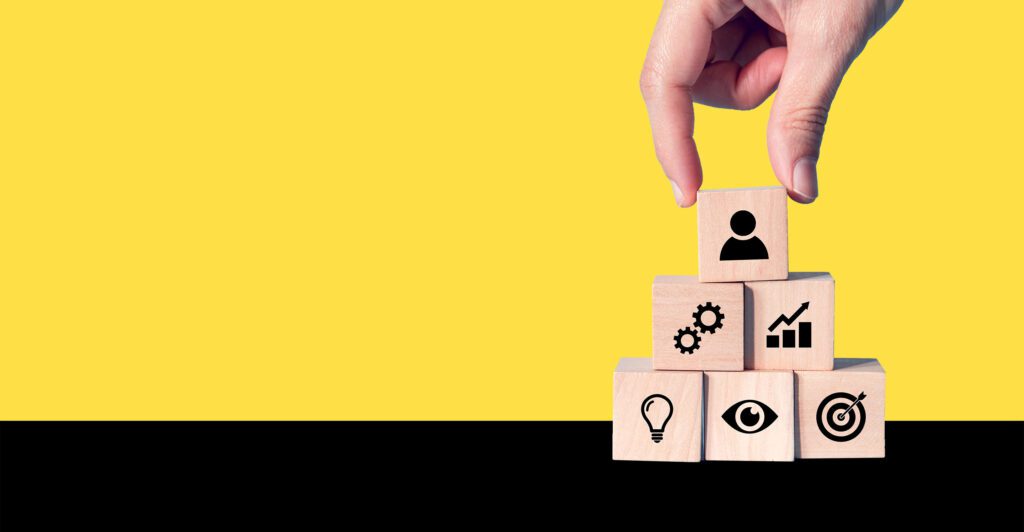What do you think about the effectiveness of personality assessments in performance? Choose Right or Wrong for each of the following statements:
95% of the time when a personality test recommends the candidate will meet your expectations on the job it will be _____
95% of the time when a personality test recommends the candidate will exceed expectations on the job it will be _____
95% of the time when a personality test recommends the candidate will fail to meet expectations on the job it will be _____
The correct answer to each of the above is “Wrong”.
Do personality tests work?
Even a decade ago, researchers and editors of top psychological journals reporting the results of the predictive power of tests* for hiring discovered something that should have opened eyes and definitively eliminated the use of personality testing for hiring by staffing professionals.
Statistics found that companies using personality tests alone had an incredibly low rate of success in predicting job fit, or either excellence or failure in actual job performance: less than 6%. The panel of prominent personnel psychologists reported one clear theme: the validities of personality measures are so low that to use them for employee selection should be questioned.
Indeed, Peter Capelli, a leading authority on managing workplace talent & professor of management at Wharton School, reviewed the history of using personality-based tests for hiring and promotion decisions as far back the 1960s-1980s. To his surprise, he found that personality-based assessments largely disappeared from the lists of best practices in human resources. However, there was a resurgence of interest in, and use of, personality testing in the 1990s that continues today.
If personality tests don’t work, why are we still using them?
Enthusiasm for the use of personality testing has stemmed from the cost and risks of a bad hire. Zappos CEO Tony Hsieh once estimated bad hires had cost his company over $100M. According to a recent Forbes article, the average cost of onboarding a new employee can be as high as $240,000, while the US Department of labor suggests the price of a bad hire is 30% of first-year earnings.
When unfilled or poorly filled jobs cost millions, HR is forced to turn to even blunt tools for help. And to their credit, personality tests may provide useful and interesting information about a person, but psychological research is clear: personality measures do little to predict how well a candidate will perform on the job.
They are simply too broad to predict on-the-job performance, as they often don’t yield comparable results over time.
If there is a 95% chance that personality tests will not help you predict the right recruits, your future leaders or your current staffing disconnects for where you are taking your business, what will?
Read part two to this series.
In the meantime, we’d love to hear from you on your successes and lessons learned in workforce assessments.

